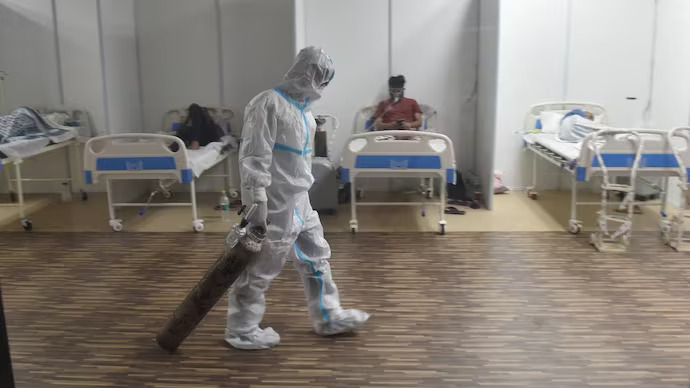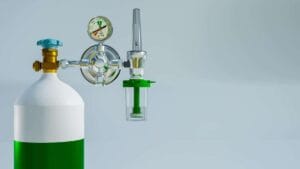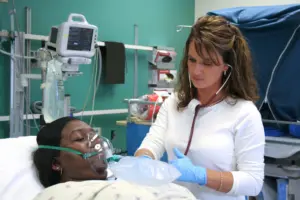The provision of medical oxygen cylinders plays a critical role in patient care and treatment, particularly for individuals with respiratory conditions or those in need of supplemental oxygen. Here are several ways in which the availability of medical oxygen cylinders contributes to patient care:
- Oxygenation: Oxygen cylinders provide a concentrated supply of medical-grade oxygen, which is essential for maintaining adequate oxygenation in patients with respiratory insufficiency. Oxygen therapy helps increase the oxygen levels in the blood, ensuring vital organs receive sufficient oxygen for proper functioning.
- Respiratory support: Patients with various respiratory conditions, such as chronic obstructive pulmonary disease (COPD), asthma, pneumonia, or acute respiratory distress syndrome (ARDS), may require supplemental oxygen to assist their breathing. Oxygen cylinders offer a reliable source of oxygen to support the respiratory system and alleviate breathing difficulties.
- Emergency situations: In medical emergencies, such as cardiac arrest, severe trauma, or respiratory failure, immediate access to oxygen can be life-saving. Oxygen cylinders are crucial in providing emergency medical care, stabilizing patients, and preventing further complications before more definitive treatments can be administered.
- Home healthcare: Some patients require long-term oxygen therapy and prefer to receive treatment at home. Medical oxygen cylinders enable the provision of oxygen therapy in a home setting, allowing patients to lead a more comfortable and independent life while managing their respiratory conditions.
- Mobility and portability: Oxygen cylinders are designed to be portable, enabling patients to move around and maintain their daily activities while receiving oxygen therapy. This mobility facilitates patient comfort and enhances their quality of life, as they can engage in social interactions, travel short distances, or attend medical appointments without interruption to their oxygen supply.
- Hospital and clinical settings: Oxygen cylinders are indispensable in healthcare facilities, including hospitals, clinics, and ambulatory care centers. They serve as a reliable backup supply in case of power outages, equipment failure, or emergencies. Oxygen cylinders are essential for administering oxygen to patients during surgeries, intensive care, and various medical procedures.
- Palliative care: In end-of-life or palliative care settings, medical oxygen cylinders can provide comfort and alleviate distressing symptoms in patients with advanced respiratory conditions or those experiencing respiratory distress. Oxygen therapy helps improve the patient’s overall well-being, relieves breathlessness, and enhances their quality of life during this stage.
It’s important to note that the provision of medical oxygen cylinders should be supervised by healthcare professionals who determine the appropriate oxygen flow rate and duration of therapy based on the patient’s condition.



